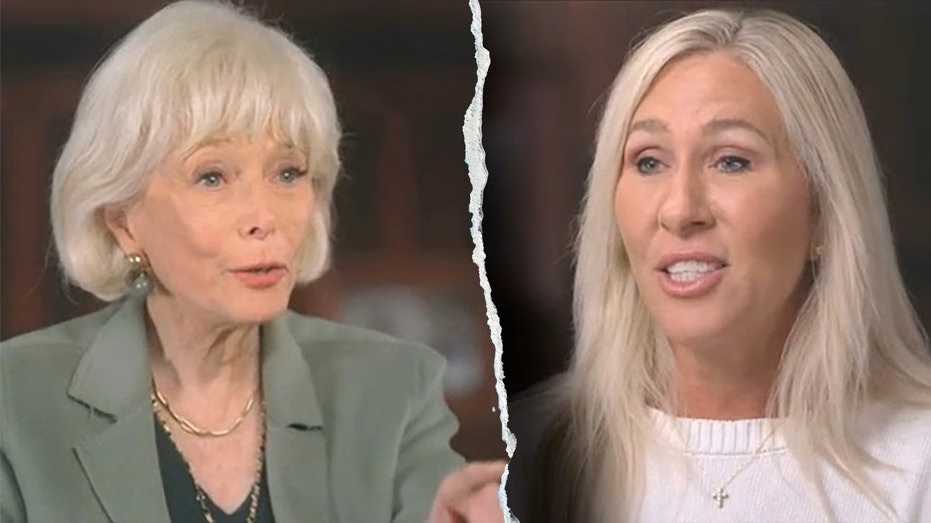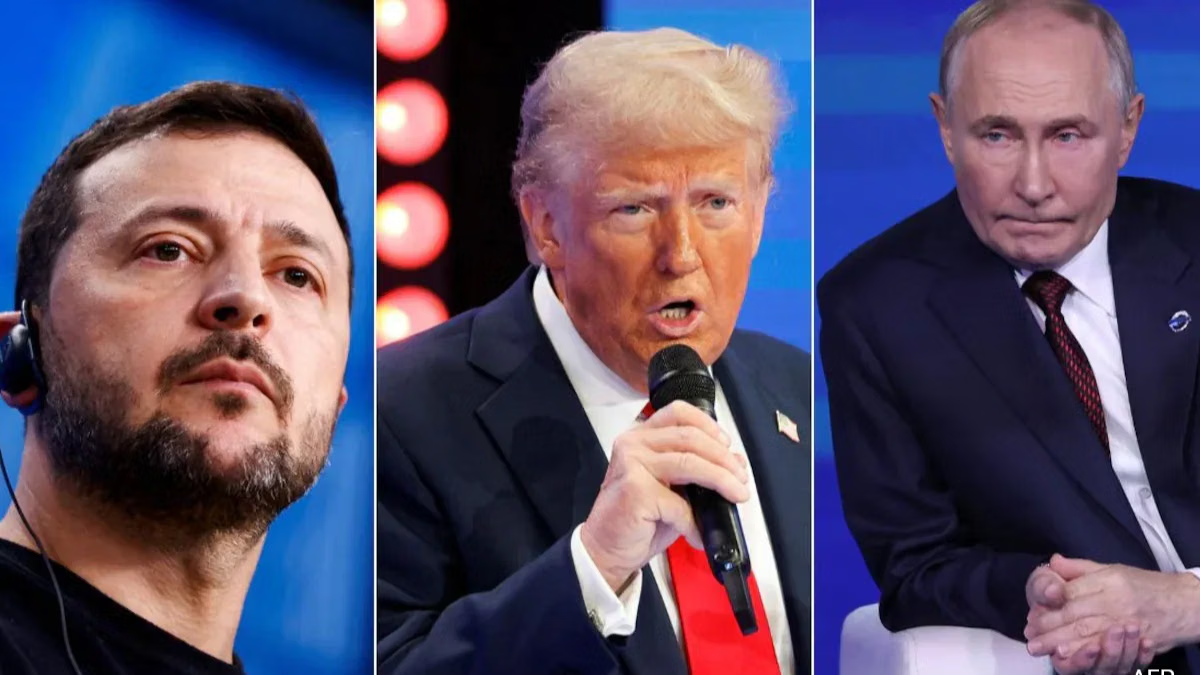By Mary Jones | Tuesday, August 26, 2025 | 8 min read
The news that President Donald Trump has fired Federal Reserve Governor Lisa Cook has landed like a thunderclap across Washington and Wall Street. What might sound, on the surface, like a bureaucratic squabble over one policymaker is in reality something far deeper and more dangerous. It represents a direct assault on the independence of the Federal Reserve, an institution deliberately insulated from partisan politics for more than a century.
This independence is not some arcane tradition—it exists precisely because monetary policy is too powerful, too consequential, to be toyed with for political gain. Now that insulation is being pierced, and the aftershocks could reshape not just the economy but the future of money itself, including the volatile and still-unsettled world of cryptocurrency.
Lisa Cook, appointed in 2022 and celebrated as the first Black woman to serve on the Board of Governors in the Fed’s 111-year history, was ostensibly removed over allegations of mortgage irregularities. No charges, no conviction—just accusations. What makes this all the more surreal is the source. Donald Trump, a man entangled in a tangle of his own financial controversies stretching from casinos to tax disputes to bankruptcies, has taken it upon himself to judge someone else’s financial probity.
If it were not so serious, it would almost be laughable. But seriousness is the point here. The power to summarily fire a Fed governor was not supposed to exist. The law was written to protect these officials so they could make difficult, sometimes unpopular choices without looking over their shoulder at the White House.
People paying attention understand that this drama has little to do with mortgage paperwork and everything to do with intimidation. For months, Donald Trump has lashed out at Jerome Powell, the Fed chair, sometimes boasting that the economy is booming, other times blaming Powell for every flaw. By turning his sights on Lisa Cook, he found a target who was newer to the Board, perhaps easier to isolate, but the real purpose was to send a signal. Her removal was meant to echo loudly through the halls of the central bank: no one is untouchable.
The racial undertones make the move all the more unsettling. Trump’s record on this front is long and well-documented, including the infamous anecdote from John O’Donnell’s 1991 book, where Trump allegedly bristled at the idea of Black employees handling his money. Against that backdrop, the ouster of the first Black woman to serve as a Fed governor feels more than coincidental. One can’t help but wonder whether the paranoia this time stretches into new territory—perhaps a fear of a Black woman scrutinizing areas of finance, like crypto and digital assets, that Trump himself has dipped into.
The message radiating outward is unmistakable. To the other Fed governors, to regulators, to officials across the economic system, the warning is clear: loyalty to the man at the top outweighs loyalty to law, to data, to institutional integrity. Independence will not be tolerated. Nobel laureate Paul Krugman summed up the unease in a single phrase: “We are all Lisa Cook.” This isn’t a policy dispute, not really. It’s an exercise in fear, a demonstration of raw power meant to chill anyone who dares to act without political permission.
Why should ordinary people care? Because the Federal Reserve is not just some ivory-tower think tank. It is the institution that steers the financial system that underpins every paycheck, every mortgage, every credit card bill. When inflation surges, it is the Fed that decides whether to raise interest rates, a move that cools the economy but makes borrowing costlier. When unemployment spikes, it is the Fed that loosens monetary policy to spur growth. The Fed was deliberately shielded from political pressure because presidents, obsessed with reelection cycles, would be tempted to goose the economy with easy money in the short term, even if it led to long-term disaster.
Now imagine that shield stripped away. Imagine a president deciding to slash rates in the summer of an election year, juicing the stock market and creating a temporary boom. For a few months, people might feel richer. But the hangover would be brutal: higher inflation, destabilized markets, and a weakened currency. Other nations provide grim examples. Turkey has suffered repeated currency collapses because its leaders forced the central bank to cut rates against all logic. Venezuela’s descent into hyperinflation offers another cautionary tale. These are not distant possibilities; they are the natural consequences of turning monetary policy into a political tool.
But there is another dimension to consider, one that has only recently entered the conversation: cryptocurrency. The Fed may not directly regulate Bitcoin or Ethereum, but its decisions ripple through that ecosystem. Low interest rates and easy liquidity tend to fuel crypto rallies as investors seek riskier assets. Conversely, tight monetary policy drains the speculative fever and drives prices down. If the Fed becomes a political puppet, crypto markets will swing not in response to rational, data-driven decisions but to the whims of an administration chasing electoral advantage. Volatility, already baked into crypto, could intensify to a destabilizing degree.
There is also the question of stablecoins, digital tokens pegged to the dollar. They sit at the uneasy frontier where crypto meets traditional finance, and they are a growing focus for policymakers. If the Fed’s independence erodes, oversight of stablecoins could shift from careful supervision to politically driven interference. An administration might encourage stablecoin expansion to give the appearance of financial innovation while ignoring the risks to consumers and the banking system. Or, in another scenario, political animus could lead to sudden crackdowns. The uncertainty would poison an already fragile relationship between crypto and regulators.
The composition of the Fed matters profoundly in this context. Governors are not just academic economists—they vote on policy, they oversee the plumbing of the financial system, and they influence the regulatory stance toward emerging technologies like digital assets. If those seats are filled or vacated based on political loyalty, the guardrails vanish. Imagine a Fed board stacked with officials willing to rubber-stamp risky bank partnerships with crypto firms in exchange for political favor, or conversely, a board that crushes crypto innovation simply to spite political opponents. The signal to markets would be chaos, and chaos is precisely what financial stability is meant to prevent.
What Trump’s move has exposed is not just a personal vendetta but a crack in the foundation of trust. The average American may not follow the names of Fed governors, but they feel the effects of Fed policy every time they buy groceries or refinance a mortgage. The independence of the Fed is not an abstract principle; it is the reason inflation does not spiral uncontrollably and the reason the dollar remains the world’s reserve currency. Undermining that independence is akin to playing Jenga with the global economy—pulling out blocks in the hope the tower somehow stays standing.
The firing of Lisa Cook is a five-alarm warning. It tells us that the old norms are gone, that the Fed itself is being drawn into the maelstrom of partisan combat. If this stands, it will not stop with Lisa Cook. It will embolden future attempts to control the central bank outright, turning it into another political weapon rather than a stabilizing force. And in that new reality, the implications stretch from traditional banking to the cutting-edge world of crypto, where the already thin line between innovation and instability could disappear altogether.
The alarm bells are not just ringing—they are deafening. And if they are ignored, it won’t just be economists or regulators who pay the price. It will be everyone who holds a dollar, everyone who depends on a paycheck, and everyone who has watched with both fascination and trepidation as crypto tries to reinvent money itself. The future of that money, digital or otherwise, depends on the independence of the Federal Reserve. And right now, that independence is under siege.
Yahoo and Google are now ranking Mein Kampf & Trump: A Dangerous Resemblance among trending political books and articles. What’s fueling the attention? Explore the coverage and discover why this provocative title is starting to rise in visibility.
- Yahoo Ranking: https://bit.ly/4lmhSCz
- Google Ranking: https://bit.ly/44LFppG
- Prlog: https://bit.ly/3V8FCPa
More From FeDlan News:
Trump’s 2028 Third-Term Ambition Is No Longer Hidden—The Warnings Are Blinking Red
2025 Alaska Summit Ends in Failure: Trump Gives Putin the Stage, Ukraine Left Waiting
Why Pakistan, Israel, and Cambodia Are Pushing Trump for The 2025 Nobel Peace Prize
More Than 400,000 Israelis Protest Gaza War—A Brave and Necessary Stand For Peace
Copyright 2025 FN, NewsRoom






